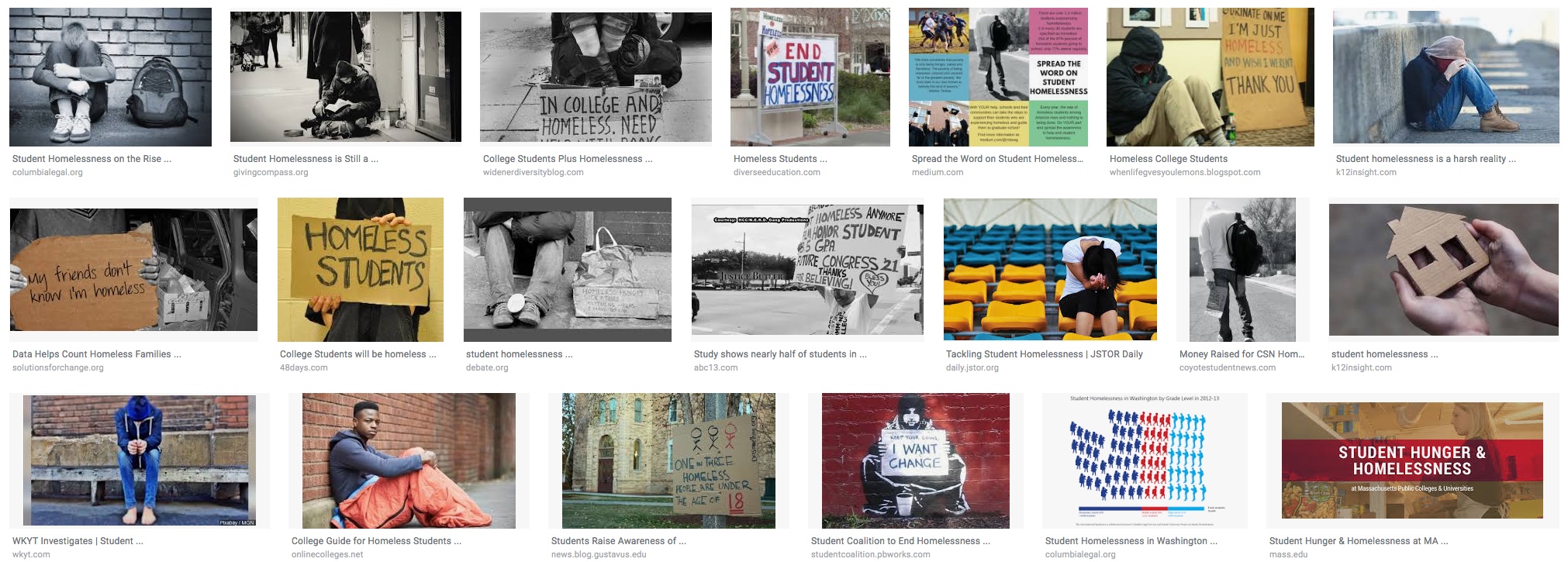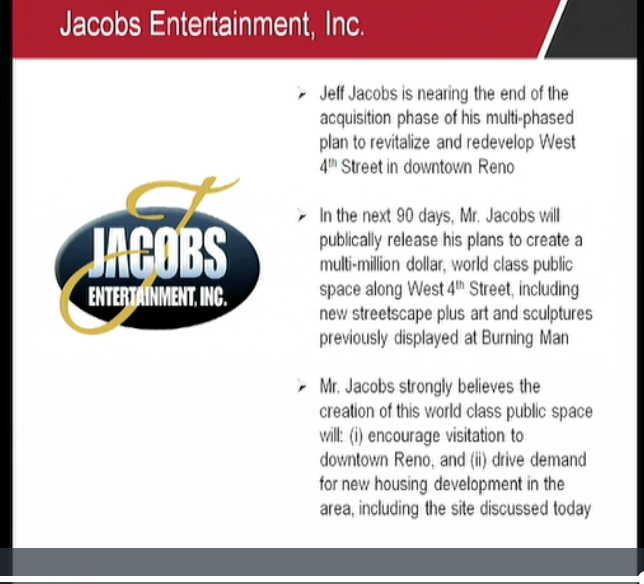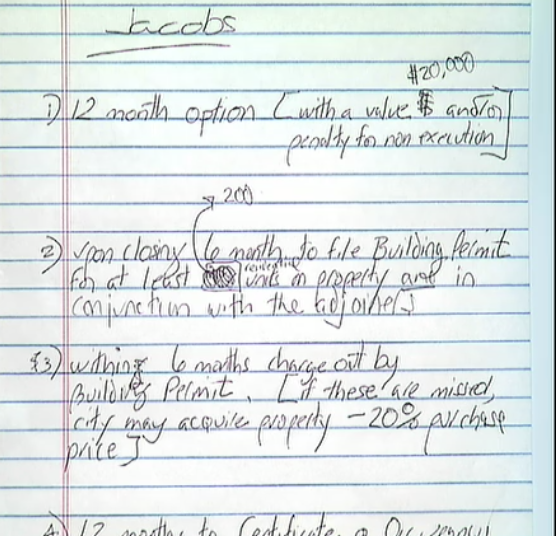ACTIONN from Washoe County to Carson City
On March 26th, ACTIONN, a faith-based non profit group whose acronym stands for Acting in Community Together in Northern Nevada, will work on further developing a new Washoe County Affordable Housing Trust Fund. The initiative aims to increase the accessibility of housing for those in low income brackets. It’s been announced this will operate with public funds through the Community Foundation of Western Nevada.
March 26th is also the national Housing and Homeless Awareness Day. Those interested in taking part in this local initiative will carpool from the Washoe County Commissioner Chambers to Carson City, taking these issues to both county officials and then state representatives. Service and food providers, concerned citizens and business owners, activists are among those who have signed up to take part.
Our Town Reno reporter Prince Nesta recently spoke to J.D Klippenstein, ACTIONN’s 30-year-old executive director, to find out more. Note, this is just part of the interview, as we trimmed answers for conciseness.
The event also comes against a backdrop of more and more motels, which have also been a place of long term lodging, being blocked off and then demolished amid yet to be detailed private redevelopment plants for large swathes of downtown Reno.
Q: So what will be happening exactly on March 26th?
So for the past year we've been running a campaign to … have our Washoe County commissioners create an affordable housing trust fund. So on March 26th, it's set for the second reading and official adoption of the Affordable Housing Trust Fund… So in the morning, we're having a bunch of folks. We have 115 people who RSVP'd to this point, just to go and show support and celebrate that victory.
It took us about a year's worth of advocacy. We had town hall meetings with county commissioners. We had a group of … experts help us put together a proposal for how the housing trust fund would work. So kind of from beginning to end, we've shepherded this policy tool and in the morning they're set to officially adopt it, which is, the culmination of a lot of work.
March 26th also happens to be housing and homeless awareness day at the state legislature. We have been planning on that for quite some time and we had to kind of adjust when the county commission decided to have the second reading… We've rented some charter buses and ,most of the folks who are there in the morning will come down with us to Carson City in the afternoon to meet with legislators to do office visits and talk about some of the bills that are in session right now, particularly around minimum wage, affordable housing and homeless services. .
Q: Why are these issues so pressing right now?
The big reason of why now is Washoe County has a historic housing crisis. Our community hasn't seen this kind of growth and this kind of housing crisis before. And we're in such a bad spot for low income, affordable housing and affordable housing for middle income, working class folks, because our region does not have a single tool, to encourage affordable housing at the scale that we need.
So the reason now, is, we're already behind the curve. So at the local level, we just want to keep making sure that our county and cities build the toolbox they need to truly resource and enable the housing construction for affordable housing that we need at the policy level and the resource level.
And then at the state level, because our state legislature meets every other year for four months, there was an interim committee that we were engaged with that brought forth some of these bills that would increase tax incentives to build affordable housing. It would increase the way that Medicaid can provide support to keep people in their housing…. some really important big picture systemic tools that we need.
Fundamentally we think the housing crisis is not a generosity problem. We can't donate our way out of this. We can't wait for some large donor or Elon Musk to come in and save the day. It's a systemic problem. We have a broken system that will not build the affordable housing or provide the homeless services that we need ….
What we're engaged in is advocacy work that specifically is designed to encourage those who are in places to make decisions to make the right decisions.
Developers have promised some of their new construction will go towards affordable housing, but activists worry on how affordable that might be. They also say the housing issue is systemic and that a public solution is now needed.
Q: What message would you like to tell the general public so that they can come out ?
I think one message is, it's really important for our elected leaders to see what's happening. So even if someone is not experiencing homelessness themselves, they know someone who is struggling with rising rents or their kids are struggling with rising rents. So it’s a crisis moment. And this isn't the time to sit back and wait for someone else to solve it, it's the time to kind of get in there and move so that with one voice we can influence the direction of our community.
So on the 26th, if you care about affordable housing and you want to see better tools to build affordable housing, I encourage them to be there at 10:00 AM at the County Commission meeting so that our County Commissioners know we're not going anywhere. And this is just one of many tools and resources that we intend to fight for to change the direction of our community.
They can go to our website. It's actionn.org/march26 and they can register. The form is embedded for them to sign up if they're interested.
Reporting by Prince Nesta for Our Town Reno in March 2019















![“It [Coffee and Blankets Reno] got started because we were not thrilled with what's going on in the country right now and felt hopeless and thought, ‘Well, what's one thing we can do to bring a little bit of hope to people? If we're powerless on a l…](https://images.squarespace-cdn.com/content/v1/5675d221cbced60a236e28b8/1551069910187-6TYC3U2J4B9ACDZ5V2GS/Coffee+and+Blankets+Reno+Volunteers+%281%29.jpg)
















































